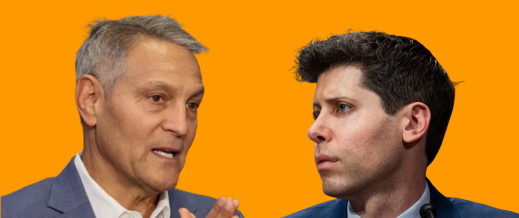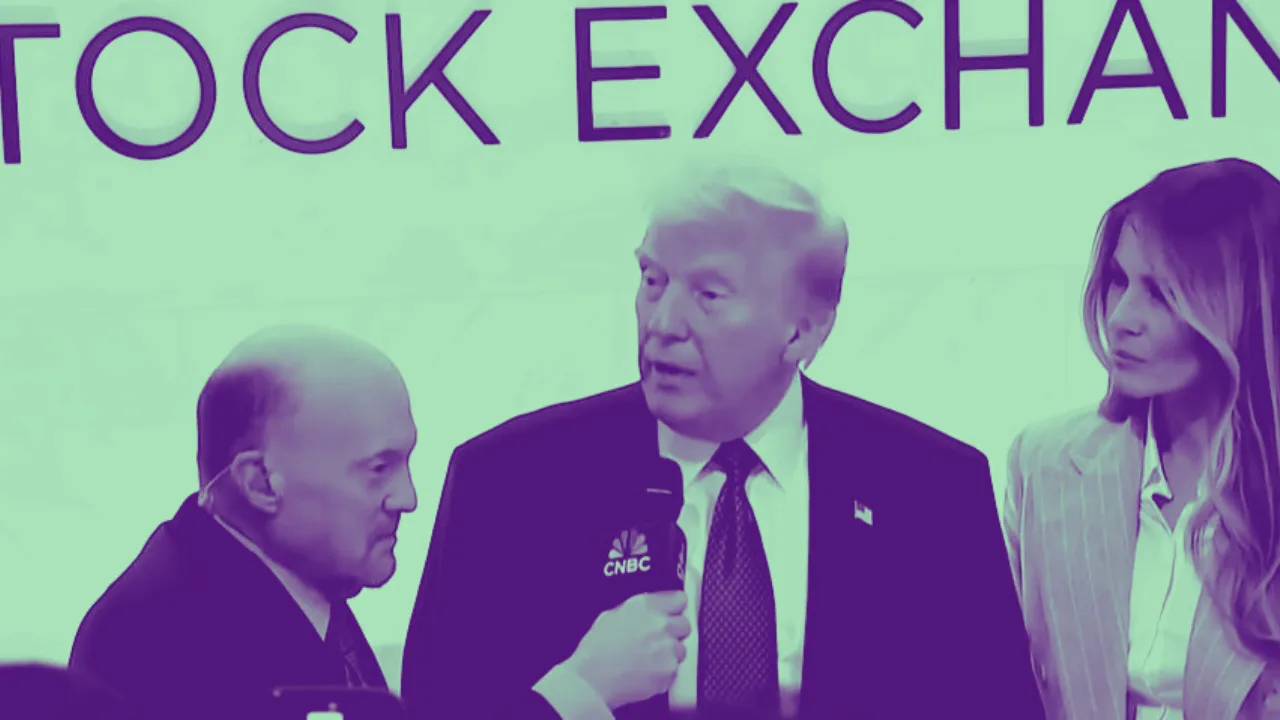Ari Emanuel, the influential CEO of Endeavor, recently made headlines by labeling Sam Altman, CEO of OpenAI, a “con man.” This strong accusation emerged during the Aspen Ideas Festival and has sparked widespread debate about the ethical and regulatory landscape of artificial intelligence (AI). This article explores the context of Emanuel’s comments, the history and evolution of OpenAI, and the broader implications for the future of AI.
The Aspen Ideas Festival Controversy
At the Aspen Ideas Festival, Ari Emanuel didn’t mince words when he called Sam Altman a “con man” who cannot be trusted with AI’s future. Emanuel’s criticism centers on the transformation of OpenAI from a non-profit to a “capped-profit” company. Initially, OpenAI was founded with a mission to ensure AI benefits all of humanity. However, Emanuel and other critics argue that its shift towards a profit-driven model undermines this mission and raises questions about the motivations behind its leadership (AOL.com) (DNyuz) (chatgptguide.ai).
Concerns About AI’s Ethical Implications
Emanuel’s comments reflect broader concerns about the ethical implications of AI development. He shares Elon Musk’s apprehensions about AI’s potential risks, emphasizing the need for “guardrails” to prevent unintended consequences. Emanuel’s stance is that while innovation in AI is necessary, it must be balanced with robust safety protocols and ethical guidelines (AOL.com) (DNyuz).
OpenAI’s Evolution: From Non-Profit to Capped-Profit
OpenAI was co-founded in 2015 by Elon Musk, Sam Altman, and others with the noble aim of advancing AI in a way that would benefit humanity. Initially structured as a non-profit, OpenAI transitioned to a capped-profit model in 2019. This change was intended to attract investment while ensuring that profits would be capped and any excess would support OpenAI’s mission. Despite these assurances, the transition has been controversial, with critics like Emanuel arguing that it prioritizes financial gain over ethical considerations (DNyuz) (chatgptguide.ai).
Sam Altman’s Perspective
In response to criticism, Sam Altman has consistently advocated for responsible AI development. During the same Aspen Ideas Festival, Altman highlighted the importance of involving society in AI’s development to ensure it is safe and beneficial. He acknowledged the complexities of balancing innovation with safety, emphasizing the need for ongoing dialogue and collaboration between AI developers, regulators, and the public (chatgptguide.ai).
The Call for Government Regulation
One of Emanuel’s key arguments is the necessity of government regulation in the AI sector. He contends that without regulatory oversight, the rapid advancement of AI technology could lead to unforeseen and potentially harmful consequences. Emanuel’s call for regulation echoes broader industry and public sentiment that proactive governance is essential to harness AI’s benefits while mitigating its risks (DNyuz) (chatgptguide.ai).
Broader Implications for AI Development
The debate between Emanuel and Altman highlights a critical juncture in AI development. As AI technologies become increasingly integrated into various aspects of society, ensuring their ethical use and safety is paramount. The controversy underscores the need for transparent and accountable AI governance frameworks that prioritize public interest alongside innovation.
Conclusion
Ari Emanuel’s criticism of Sam Altman and OpenAI brings to light essential questions about the future of AI and its ethical implications. While innovation in AI holds tremendous potential, it must be pursued responsibly, with careful consideration of its societal impact. As the AI landscape continues to evolve, the dialogue between industry leaders, regulators, and the public will be crucial in shaping a future where AI benefits all of humanity.





